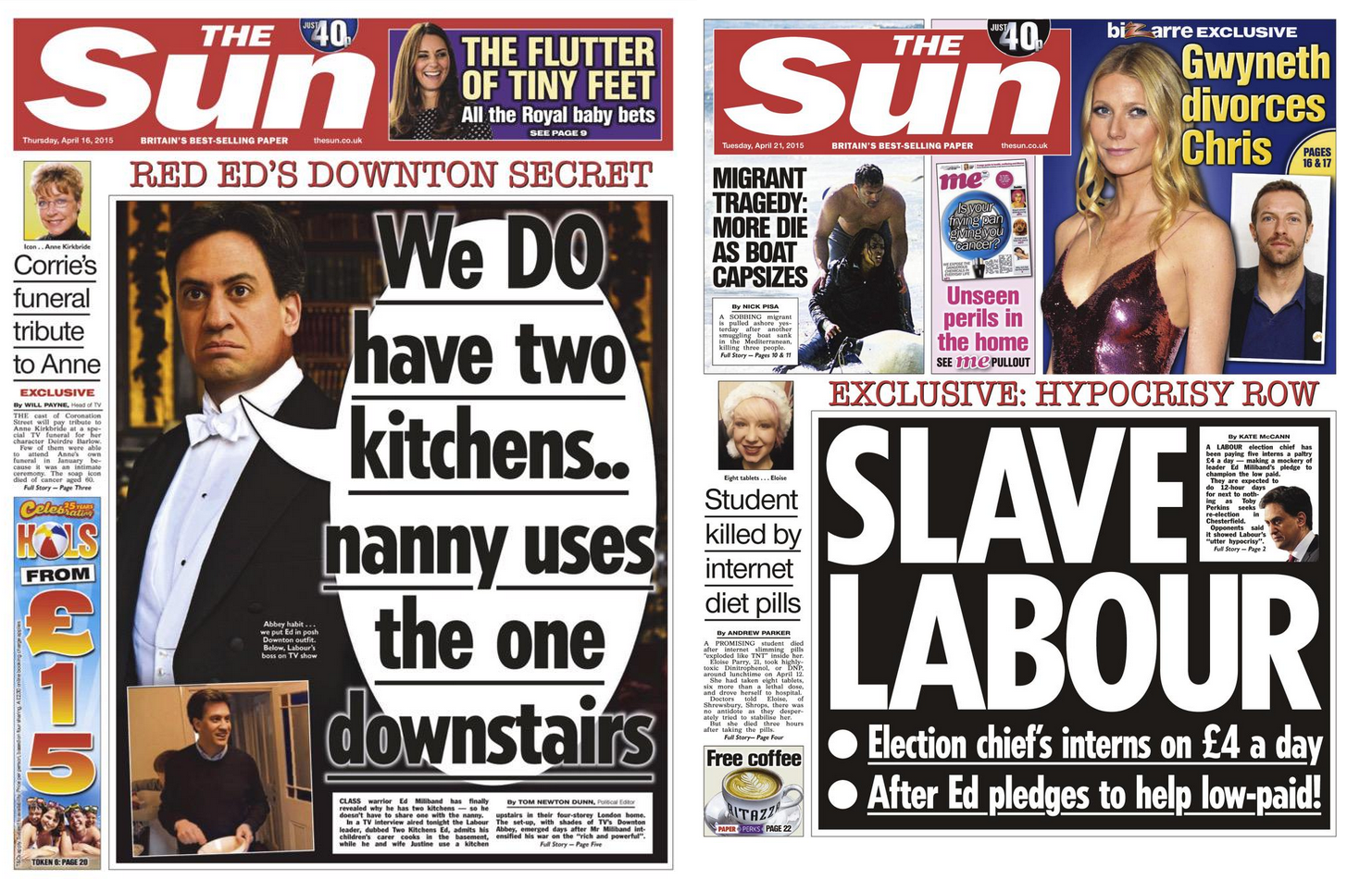Your support helps us to tell the story
From reproductive rights to climate change to Big Tech, The Independent is on the ground when the story is developing. Whether it's investigating the financials of Elon Musk's pro-Trump PAC or producing our latest documentary, 'The A Word', which shines a light on the American women fighting for reproductive rights, we know how important it is to parse out the facts from the messaging.
At such a critical moment in US history, we need reporters on the ground. Your donation allows us to keep sending journalists to speak to both sides of the story.
The Independent is trusted by Americans across the entire political spectrum. And unlike many other quality news outlets, we choose not to lock Americans out of our reporting and analysis with paywalls. We believe quality journalism should be available to everyone, paid for by those who can afford it.
Your support makes all the difference.I have never bought into the argument that elections can be won by The Sun or any other newspaper. There is no compelling evidence that individuals vote in a particular way just because editorials urge them to.
In this most extraordinary of general elections, however, it is plausible that the negative focus by much of the media on the potential for an SNP hand to shackle a Labour minority administration did sway some voters. Some will argue the anti-SNP stories, allied to personal attacks on Ed Miliband, are evidence of the need for tougher press regulation. Indeed, it is suggested that the right-wing media did everything they could to keep Labour out, precisely to avoid that possibility.
There is a kernel of truth here in that the majority of newspaper proprietors and editors were uneasy at the fairly vague promise in Labour’s manifesto to implement fully the recommendations of the Leveson Inquiry.
In any event, it is hard to conclude that “tougher” regulation would have prevented the Mili-bashing on recent front pages.
Indeed, there is no indication that any party planned radically to curtail the partisan nature of the British press through regulation. While a few high-profile Labour figures have criticised the personal baiting of Mr Miliband, there is a recognition by others in the party that the fundamental miscalculation of their campaign was to underestimate the inherent small-c conservatism of the English electorate. Ultimately, it is easier to sell continuity than change.
With the Tories seemingly content with self-regulation under the auspices of the Independent Press Standards Organisation (Ipso), further regulatory reform is off the agenda for the time being. That said, there is still the glamourous-sounding Recognition Panel established under the Royal Charter. While Ipso will not – barring something remarkable – seek formal recognition by the panel, it is possible that an alternative regulator will. Should that happen, things might get tasty.
There are a lot of ifs in all this, however, and with no obvious appetite in government or Fleet Street to reopen the Leveson debate, Ipso may remain the only realistic show in town – even if papers such as The Independent, the Financial Times and The Guardian stay outside the tent.
After the past few weeks, one wonders whether the next Labour leader will want to put media regulation at the top of his or her agenda either.
Does one tweet make an exit poll?
George Galloway was reported to police last Thursday for allegedly tweeting an exit poll before voting stations closed. Galloway has since said the complaint is a waste of police time but the rules are, at face value, fairly strict. It is a criminal offence “to publish, before a poll is closed, any statement about the way in which voters have voted in [the] election … based on information given by voters after they voted”.
It is also an offence “to publish, before a poll is closed, any forecast of [the] election result, if the forecast is based on exit poll information from voters”.
The purpose of these provisions is to ensure that the election is not swayed by indications of how early votes have been cast. But is the law fit for the Twitter age? After all, straw polls of a few friends are all too easily done.
But for all that this election was predicted to be the first which would be won and lost on social media, the majority left-leaning twitterati seem to have had no influence whatsoever.
Will Gore is Deputy Managing Editor of The Independent, i, Independent on Sunday and the Evening Standard


Join our commenting forum
Join thought-provoking conversations, follow other Independent readers and see their replies
Comments